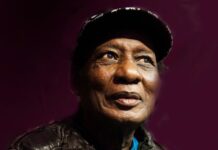
Controversial political commentator Kevin Taylor is no longer wanted by Ghanaian authorities after the Supreme Court reversed a 2020 arrest warrant issued against him.
The ruling, delivered in a 4-1 majority, found that Taylor had been denied a fair hearing when the original warrant was granted, effectively ending years of legal uncertainty.
According to GhanaRegions.com analyst, the controversial warrant, issued in 2020, stemmed from a contempt case filed by lawyer and politician Kennedy Agyapong. Taylor, who operates from the United States, had been a vocal critic of several Ghanaian public figures through his digital media platform, Loud Silence Media.
In response to his online commentaries, a contempt application was brought before the court, which subsequently issued a bench warrant after Taylor allegedly failed to respond to a court summons.
Supreme Court Cites Procedural Irregularities
The Supreme Court, delivering its judgment on Tuesday, held that the warrant violated Taylor’s constitutional right to a fair hearing. The justices ruled 4-1 in favour of quashing the warrant, asserting that the processes leading up to its issuance were fundamentally flawed and denied the accused an opportunity to be heard.
Justice Gabriel Pwamang, who read the majority decision, emphasized that the court must uphold procedural fairness irrespective of the personality involved. He noted that Taylor was not properly served with the court summons and therefore could not be considered to have deliberately disrespected the court.
“The right to be heard is fundamental and cannot be sacrificed on the altar of public opinion or judicial expediency,” Justice Pwamang stated. “The issuance of the bench warrant in these circumstances was premature and unlawful.”
Taylor’s Legal Team Welcomes Ruling
Kevin Taylor’s legal representatives welcomed the judgment, describing it as a vindication of the rule of law and a rebuke of what they called a politically motivated misuse of judicial power. In a press briefing after the ruling, lead counsel Kofi Bentil said, “Today, the Supreme Court has demonstrated that justice in Ghana is not a respecter of persons or political power. Due process matters, and we are proud to see the highest court in the land uphold that principle.”
Taylor, who appeared at the court after the warrant was overturned, left the premises without making a formal statement. However, on his social media platform later in the day, he posted: “Justice has been served. The truth always wins.”
Minority Opinion Dissents
The lone dissenting opinion was delivered by Justice Henrietta Mensa-Bonsu, who argued that while due process is essential, the conduct of the accused in persistently attacking the judiciary and evading the legal process warranted a firmer response.
“In an era of digital proliferation and cross-border impunity, courts must find a balance between free expression and the sanctity of judicial authority,” she stated. “While procedural lapses occurred, the broader context of willful contempt should not be ignored.”
Broader Implications
Legal analysts say the ruling sets a significant precedent in cases involving contempt of court and due process in Ghana, especially in an age where media figures and political activists operate transnationally. The judgment is expected to influence how courts issue arrest warrants in cases involving defendants residing outside Ghana.
Professor Kwame Asare, a constitutional law expert at the University of Ghana, commented, “This is a landmark decision. It signals that even when emotions are high, and the issues are politically charged, the courts must adhere strictly to constitutional safeguards.”
Background: The 2020 Warrant
The bench warrant was originally issued by a High Court in Accra in October 2020 after Kevin Taylor failed to appear in response to a contempt application filed by Kennedy Agyapong. The basis of the contempt was Taylor’s repeated online accusations and commentary targeting judges, politicians, and other public officials.
Efforts to extradite Taylor from the U.S. never materialized, and the warrant remained dormant until human rights advocates and legal observers raised concerns over its legality. In 2024, a motion was filed at the Supreme Court challenging the constitutionality of the warrant.
Moving Forward
With the warrant now quashed, attention turns to whether any further legal actions will be pursued either by Taylor or by those who originally filed the contempt application. For now, Kevin Taylor remains a free man, and his legal standing in Ghana has been restored.
The Supreme Court’s decision is being hailed by civil society groups as a victory for constitutionalism and a warning against the misuse of judicial processes to suppress dissenting voices — even those as polarizing as Kevin Taylor.






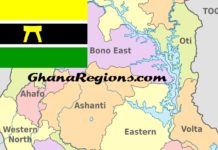
















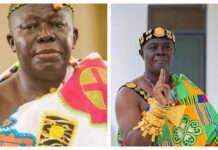










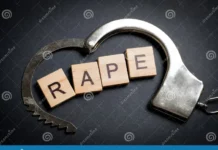

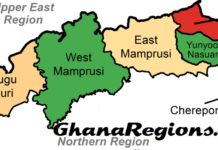













![Morocco knock out Spain on 3-0 penalties to reach FIFA World Cup 2022 quarter-final, Morocco vs Spain (0-0) (3-0) [Video]. Morocco knock out Spain on 3-0 penalties](https://ghanaregions.com/wp-content/uploads/2022/12/Watch-Morocco-vs-Spain-0-0-and-3-0-penalties-218x150.jpg)











